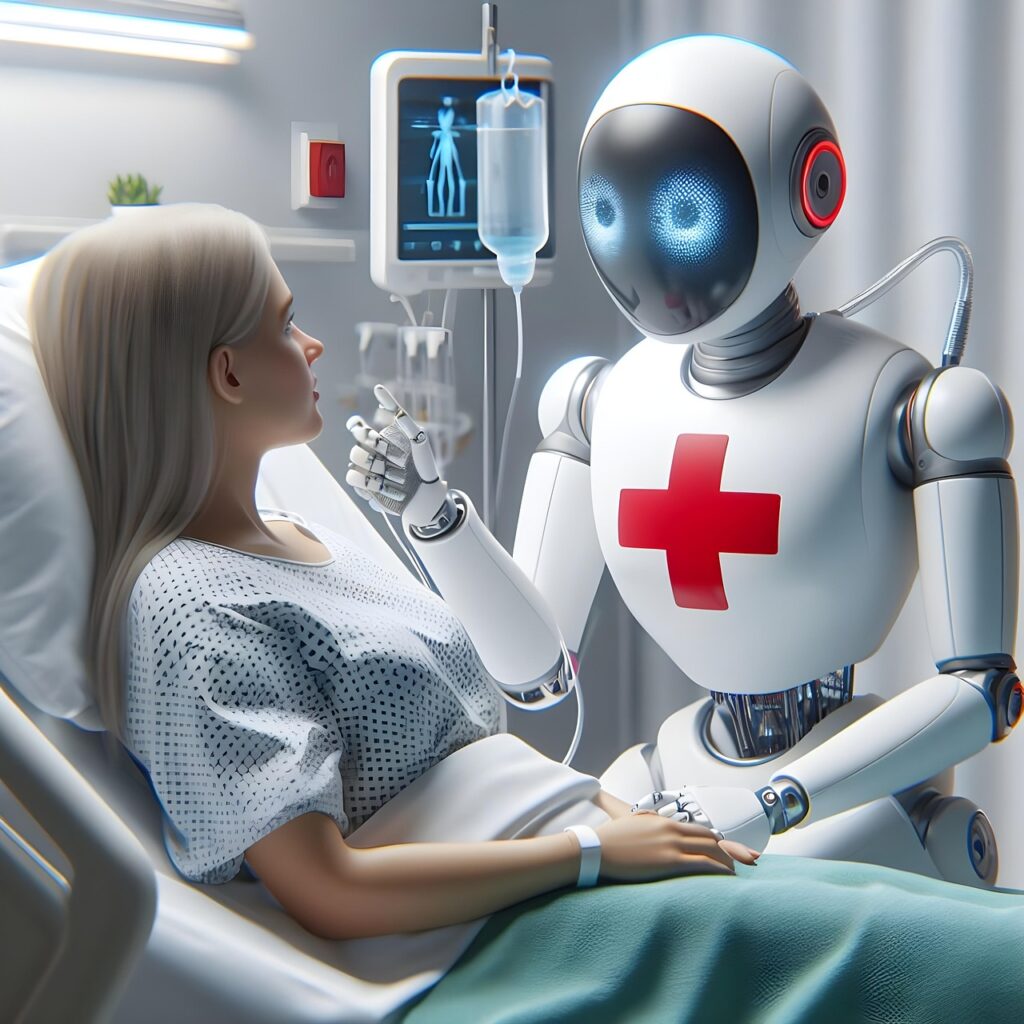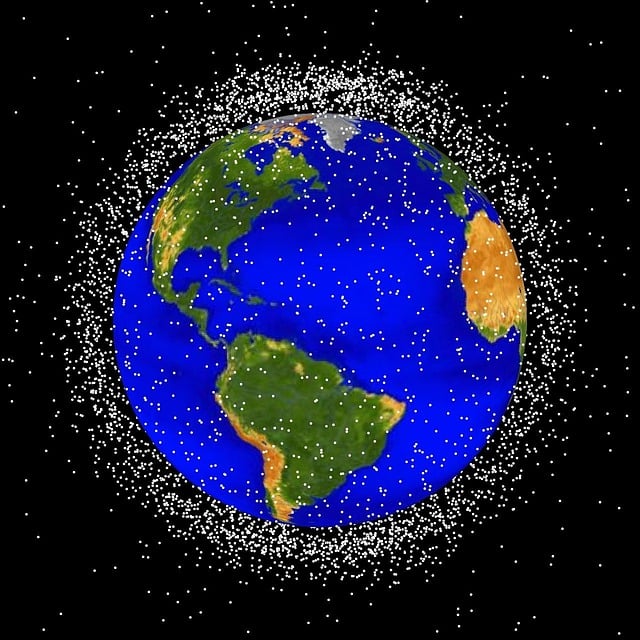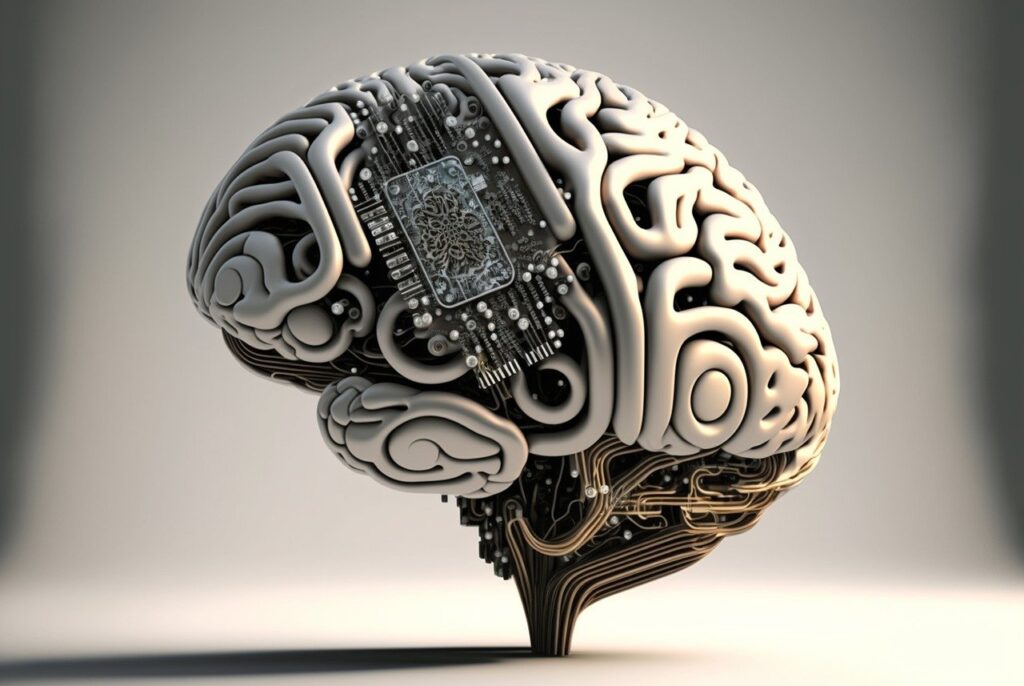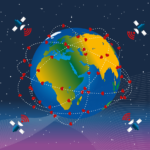
Brain-Inspired AI Devices
Explore how physical reservoirs are changing the AI landscape with brain-inspired devices that promise efficiency and smarter technology solutions.

Does Bill 21 Defend or Divide Secularism?
Join Leslie Rosenblood and Michel Virard on January 18 for Two Solitudes of Secularism, a live discussion on Quebec’s Bill 21 and what it means for the future of secularism in Canada.
#Bill21 #Secularism #Quebec

Transforming Healthcare with AI
AI has the potential to revolutionize healthcare and save lives by reducing medical errors. It's time for the medical community to embrace this technology for better patient outcomes.
#MedicalError

Don’t Fear the Vaccine, Fear the Warning
The proposed FDA warning on COVID-19 vaccines may do more harm than good, creating fear and confusion. Understanding the real risks is essential for public health.
#COVID19 #vaccines

Space Debris Alert
A Starlink satellite's recent malfunction released debris, raising concerns about Kessler Syndrome and the future of space safety.

Humanists Call for Secular Schools in Alberta
Parents and secular advocates are calling out Alberta’s Education Minister for using a government platform to promote Christian doctrine, urging him to retract and apologise through a province-wide letter-writing campaign led by the BC Humanist Association.
#Secularism #Humanism #Education

Living Computers: A New Era
Scientists are building computers from living human brain cells, exploring how they learn and adapt. This research could revolutionize technology and our understanding of cognition.
#Computers #ArtificialIntelligence

Nature’s Response to Human Expansion
As humans expand, wildlife adapts, leading to new coexistence challenges. Understanding these changes is crucial for safe interactions.

Boost Your Child’s Literacy with Comics
Discover how comics can enhance your child's reading skills and creativity. Explore valuable resources for parents to make the most of comic reading together.

The Next Gold Rush in Space
Asteroid mining could revolutionize resource acquisition, offering immense potential for space exploration and Earth. With advancements in technology, the dream of extracting valuable minerals from asteroids is closer than ever.








